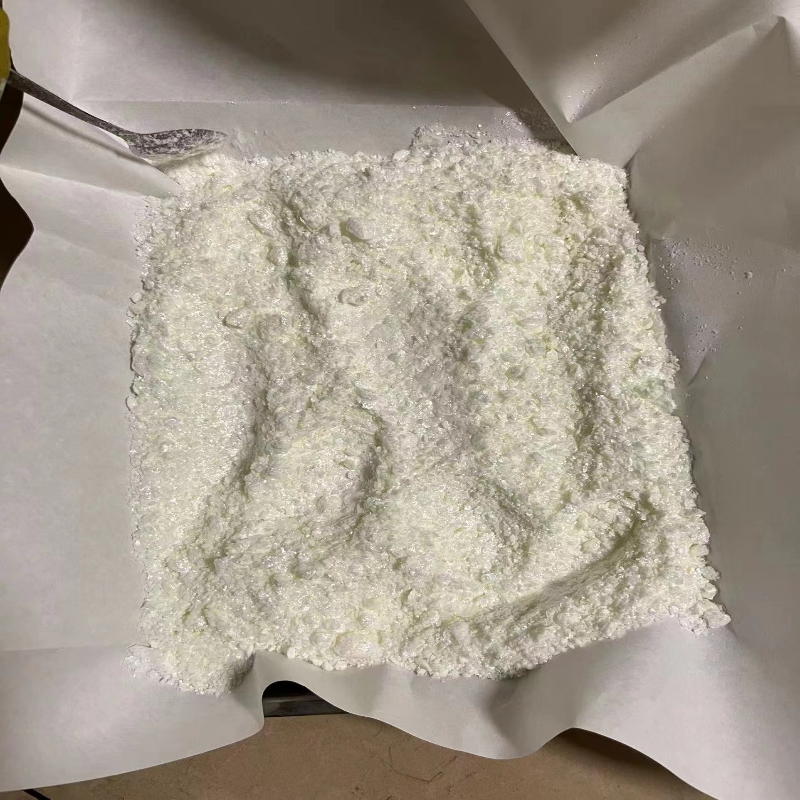-
Categories
-
Pharmaceutical Intermediates
-
Active Pharmaceutical Ingredients
-
Food Additives
- Industrial Coatings
- Agrochemicals
- Dyes and Pigments
- Surfactant
- Flavors and Fragrances
- Chemical Reagents
- Catalyst and Auxiliary
- Natural Products
- Inorganic Chemistry
-
Organic Chemistry
-
Biochemical Engineering
- Analytical Chemistry
-
Cosmetic Ingredient
- Water Treatment Chemical
-
Pharmaceutical Intermediates
Promotion
ECHEMI Mall
Wholesale
Weekly Price
Exhibition
News
-
Trade Service
Brands and retailers of the Global Commitment to a New Plastics Economy ("Global Commitment") have reduced the use of virgin plastic in their packaging for the second year in a row, according to new figures released by the Ellen MacArthur Foundation and the United Nations Environment Programme
.
Three years after the launch of the New Plastics Economy Global Pledge, the use of virgin plastics by signatories of the pledge appears to have peaked and is currently on a downward trend, the Ellen MacArthur Foundation and the United Nations Environment Programme jointly said
.
The Global Commitment added a mandatory virgin plastic reduction target in 2021, with all of the more than 60 brand and retailer signatories currently setting targets
.
The new commitments will further cement and accelerate the downward trend in the use of virgin plastics
.
The new pledge calls for a drop in absolute use of virgin plastic by nearly 20% by 2025 compared to 2018
.
Reducing the use of virgin plastic is a welcome trend, but brands and retailers are focusing on gradually replacing virgin plastic with recycled plastic in their current and future plans
.
However, this is only part of the solution and does not address the total amount of plastic packaging put on the market
.
Currently, efforts to phase out single-use packaging remain insufficient, with less than 2% of signatories' plastic packaging reusable, and more than half of signatories' plastic packaging reusable at zero
.
Voluntary initiatives such as the Global Commitment have begun to bring about change, but a large number of companies and countries have realized that voluntary initiatives alone are not enough to tackle plastic pollution
.
Signatories to the Global Commitment cover only 20% of the world's plastic packaging
.
This requires a coordinated global response so that the entire industry and all government departments can act faster and at scale
.
There are growing calls for a global agreement on plastic pollution
.
More than 80 leading companies and 119 governments are calling for a global agreement on tackling plastic pollution, and more than 2 million people have signed a public petition to show their support
.
The Second Agenda of the Fifth United Nations Environment Assembly (UNEA 5.
2) in February 2022 will be a critical moment, when governments will negotiate next steps, including whether to start intergovernmental negotiations on a global agreement
.
Inger Andersen, Executive Director of the United Nations Environment Programme
Inger Andersen, Executive Director of the United Nations Environment Programme“The Global Commitment shows us that concerted voluntary action by players across the value chain, including governments, has begun to reverse the global fight against plastic pollution
.
All signatories report their progress in a transparent manner and on agreed metrics This approach deserves praise and learning
.
The front-runners of these actions are also proving that we can decouple the many benefits of plastic from the use of virgin plastic, and these pioneering actions can be achieved through a comprehensive and inclusive global approach Push and elevate
.
”







